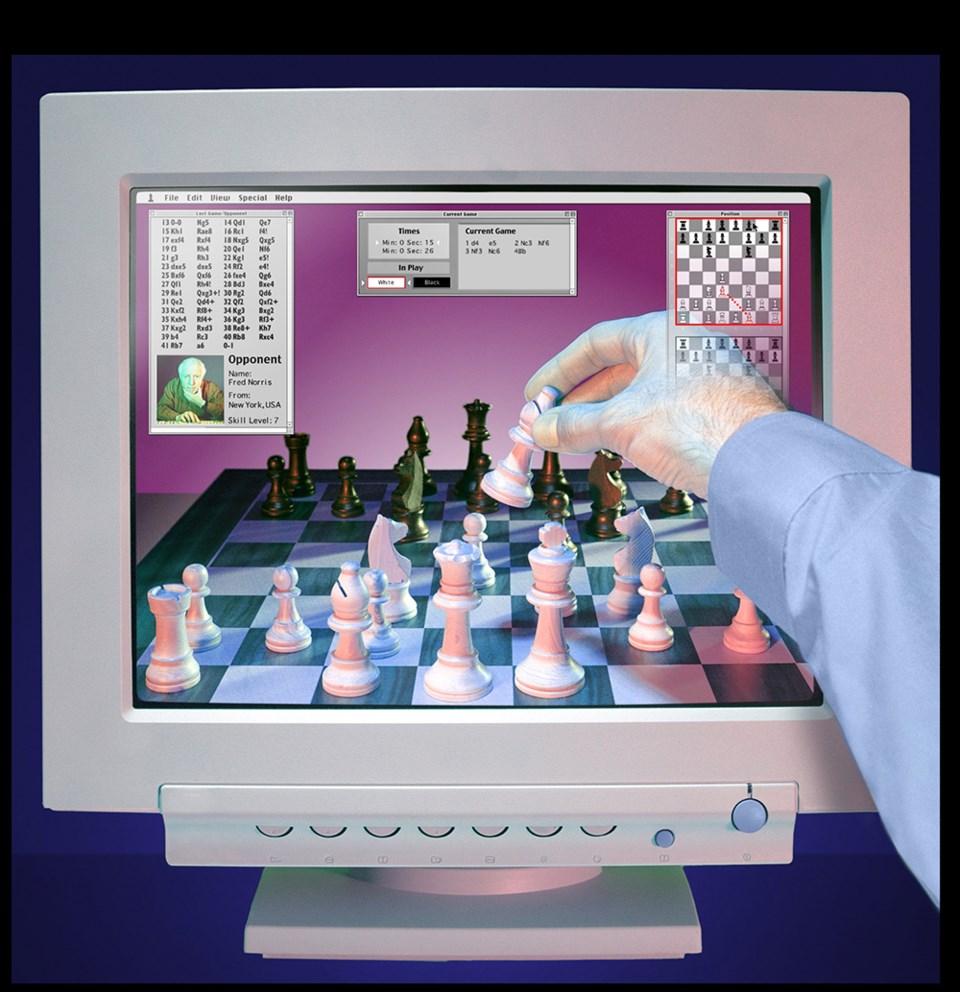In May of 1997, then world chess champion Garry Kasparov and IBM computer Deep Blue played competitive chess matches in New York City.
In the final and deciding match, IBM programmers tweaked with Deep Blue, now nicknamed Deeper Blue, to win the deciding sixth and final match. Kasparov thought, in the end, the programmers played unfairly to win. That was the first time a computer defeated a world chess champion over several games.
Today, we can download an app onto our iPhone or Android device which would consistently defeat a world-class chess player. The technology surrounding us is growing faster than we are, creating a basic imbalance in everything.
How did we get to this out-of-equilibrium-state of things? How did we get here?
For earlier versions of human beings, the primary motivation was to avoid predation by larger carnivores, and to find the non-poisonous berries to fill their tummies.
Around 500,000 years ago we, as a species, were much lower on the food chain, nonetheless, we knew who we were within the natural order of living things. That harmony provided a stability of being which we lost somewhere along the journey.
Lately, everyone and their Alexa are talking about Artificial Intelligence (AI), which is another big leap in the relationship with ourselves and our surroundings.
If you were born in the 1970s or before, and you are not a computer geek, this deepening interconnection with the digital, information-heavy world might add another layer of bewilderment.
The post-Donald Trump era of fake news and mesmerizing conspiracy theories is about to get more challenging to navigate. As far as this brave new world of AI is concerned, I am in a place of interested uncertainty, gift-wrapped in persistent anxiety, with a bow of hope.
I am interested in mental health and well-being in a holistic sense. Our mind, body and soul is interdependent and enmeshed with our environment. That is a central idea of biological evolution. Adapt or die.
To have a fighting chance of inner well-being and peace, we have to try to seamlessly integrate into our surroundings, which seems to include AI chatbots and computer algorithms that generously provides us with limitless knowledge and new rules to live by.
The latest product making a buzz is an OpenAI chatbot, which has a slew of party tricks. For example, you can ask the chatbot to write a thoughtful article on new technology and its effect on life in this post-pandemic, off-kilter world. It will spit out and 500-word, neatly organized essay with spooky efficiency.
Google is not far behind with a similar robot type machine named Bard. The furious-paced competition between the two corporations will quicken the arrival of a barely recognizable future.
OpenAI’s chatbot has been released in a test run with tech journalists and other insiders, and some of the results have inspired awe and fear in equal parts.
I can reassure you, this opinion-laden article was not written by an OpenAI chatbot algorithm. Or was it?
To be continued.
Robert Skender is a qathet region freelance writer and health commentator.


